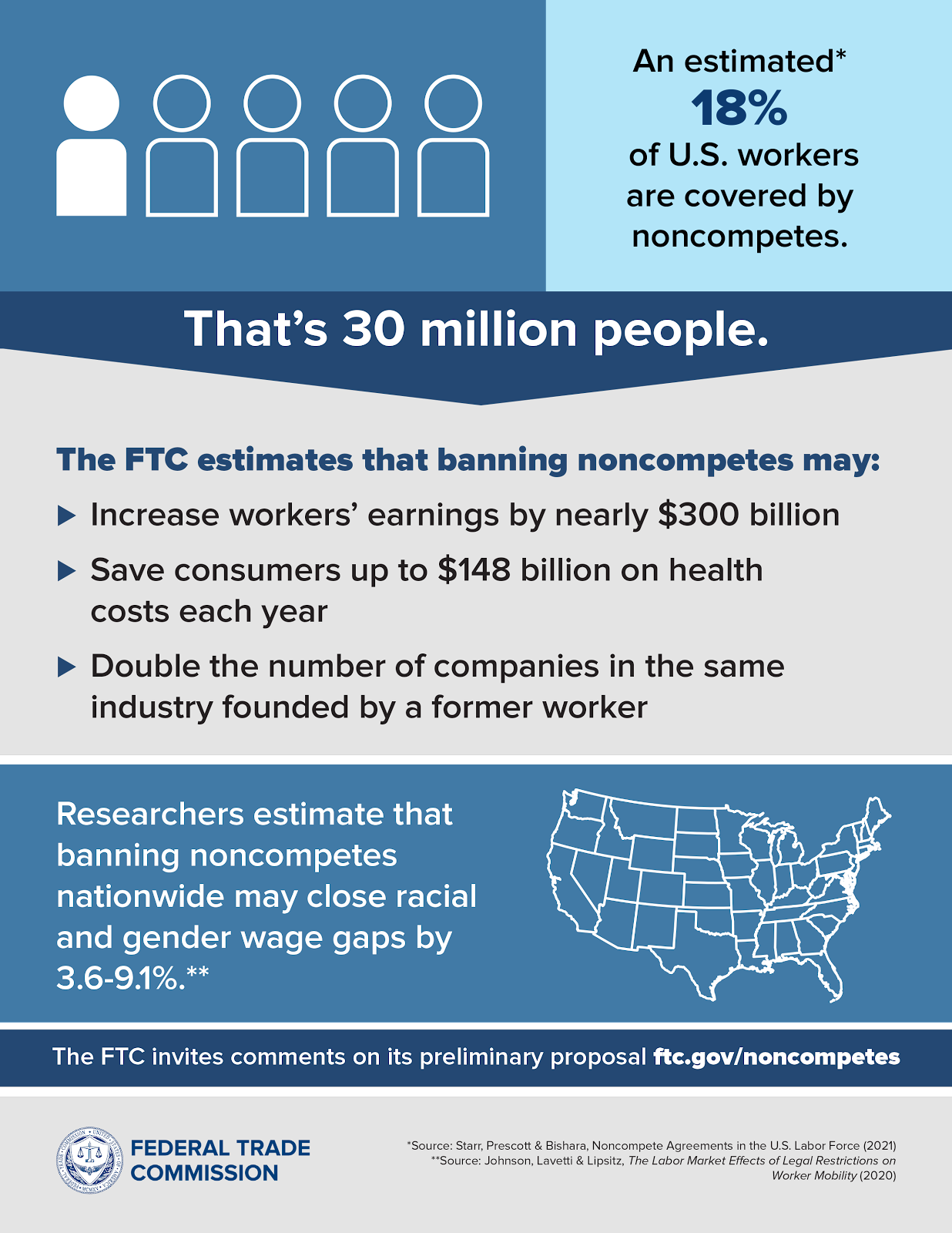After months of reviewing tens of thousands of internal J.C. Penney documents, our firm's class action lawsuit against J.C. Penney has uncovered evidence that we believe proves that hundreds of items of jewelry may have been falsely advertised over the past several years. My firm,
Miano Law PC, has partnered with Baker Law PC in this litigation, which seeks to certify a class action on behalf of those who have been misled by false and deceptive jewelry advertising. The company, of course, denies that it has done anything wrong.
We have identified hundreds of items of jewelry sold by J.C. Penney which contain Rhodium plating, even though we have found very few advertisements which disclose the use of Rhodium plating. The items include virtually all kinds of jewelry, from rings to bracelets to necklaces to earrings. Most of the advertisements, including the one for the bracelet purchased by our client, claim that the plating is Platinum. Surprisingly, some items advertised as yellow or white Gold do not mention any plating at all, and yet internal records of J.C. Penney show that some of these items are actually plated with Rhodium. As I mentioned in my last post about this case, the failure to disclose the use of Rhodium plating is deceptive, in our view, and we hope to convince J.C. Penney to change these deceptive practices. It simply is not truthful to advertise a ring as white Gold if it is actually plated in Rhodium to make it shine more brightly.
We have also identified hundreds of items that we believe violate the FTC's standards for advertising the size of diamonds used in jewelry. These standards, which you can read for yourself
here, require that retailers who advertise diamonds using fractions rather than more precise decimals explain in a "conspicuous" and nearby disclosure that the size is "not exact". The FTC standards also require that the advertisement contain a ''disclosure of a reasonable range of weight for each fraction" on "every page" where the fractional representation is made so that consumers know exactly what they are buying. We have found evidence that J.C. Penney violated this guideline routinely in advertising many diamonds over the past four years, although they recently (several years into this litigation) seem to have begun following the FTC standard. Again, J.C. Penney denies any wrongdoing.
Among the other deceptive advertising we are investigating in this case: the use of incorrect country of origin designations; improper disclosure of lab-created gemstones; the undisclosed use of hollow, or rolled, gold; misrepresentations regarding the number of diamonds in a particular item of jewelry; and misrepresentations regarding the use of plating. As we proceed to review documents and take more discovery, we are learning more on a weekly basis. At this point, we estimate the total sales of falsely advertised jewelry sold by J.C. Penney is in the millions of dollars.
We are actively seeking consumers who have purchased jewelry from J.C. Penney over the last four years to aid in this litigation, particularly consumers from California. If you would like to get involved or have any questions about an item of jewelry you purchased, give me a call or send an email. I will be glad to inspect your jewelry and discuss your rights with you.
~B
